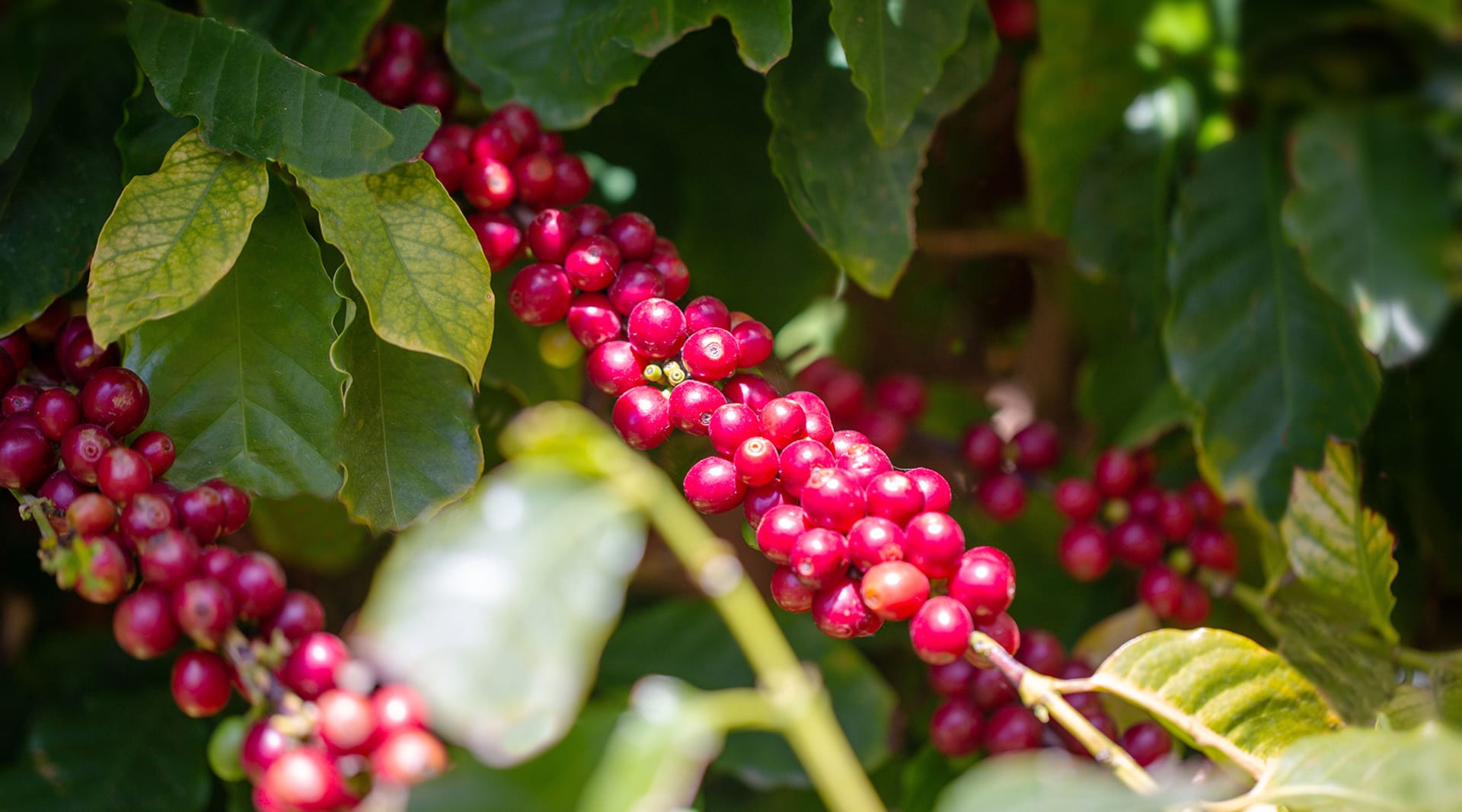While climate change wreaks havoc on global agriculture, some brands are seeing an upside to higher temperatures in traditionally colder climes.
Climate change is having a seismic impact on global agriculture, making previously fertile places untenable and creating new northern growth areas for crops.

Wine has seen strong growth in more northerly geographies, which are increasingly able to grow highly esteemed grape varieties due to temperature rises. Across Canada, new wineries are springing up, with production increasing over 75% in the last 20 years according to figures drawn from the Food and Agriculture Organization of the United Nations cited by Wine Industry Advisor. In 2019, British Columbia-based CheckMate Artisanal Winery received a perfect score from wine writer, sommelier and author John Schreiner for its 2015 Little Pawn Chardonnay—a Canadian first. The establishment of the winery was due to the effects of climate change in the region, which have made it possible to grow old-world grape varieties to a high standard.
Other crops are also travelling northwards. In December 2020, the New York Times Magazine and ProPublica described changes in Russia, as warmer temperatures turn previously barren eastern parts of the country into fertile land for farming. Given that the country is now able to sustain crops such as soybeans, wheat and corn in more areas, it is looking to become a top food producer for the world.

Although not traditionally considered a cold climate, Italy is seeing new produce pop up too. Sicilian farmer Andrea Passanisi is growing avocados on his grandfather’s land, which was previously used to grow grapes. As the weather has become too hot for grape vines, the land now provides the perfect environment for fruit such as avocados, lychees and passion fruit. Committed to sustainable practices at Sicilia Avocado, Passanisi is carrying on the tradition of farming by working with the changing climate. In 2021, another Sicilian crop finally began to bear fruit: coffee beans. The Morettino family had their first successful harvest of coffee beans after 30 years of trying. The family’s ultimate dream is to create a zero-km Italian coffee brand.

Why it’s interesting: Climate change is forcing farmers and agricultural entrepreneurs to adapt and embrace new crops that would have been impossible for them to grow even 10 years ago. New terroirs could forever change the way we think of the heritage and provenance of food.
Main image of a coffee plant in Palermo, courtesy of the Morettino family.
Please provide your contact information to continue.
Related Content


